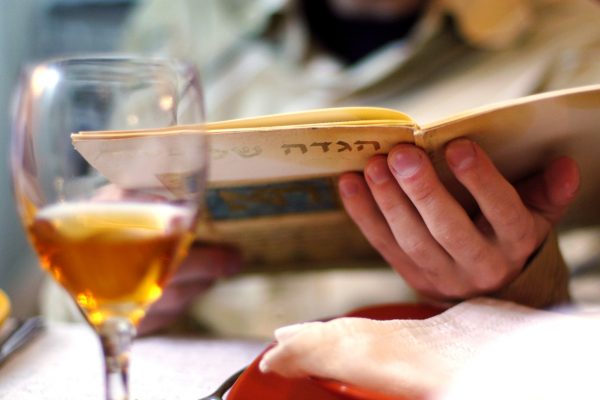How does the journey to freedom begin?
Once, and then again and again. We wake and for the hundredth morning in a row grope in the early silence for the words to describe what is wrong. One day, words begin. We are wrenched from the patters that have defined our lives. We can no longer live as we have lived.
How does our people’s journey begin?
In the hut where the Israelite midwives work, Shifra turns to Pu’ah and sees in the spark of her partner’s eye something she did not see the day before. Together they dare to defy Pharaoh, preserve life, ensure their people’s future.
In the dark room where Yochved labors to give birth, her daughter Miriam sits close by, humming a chant her grandmothers sang while mixing mortar. Suddenly she hears an infant’s cry. And within her, hope rises like a new song. She sees beyond Egypt, to bright desert spaces and mountains, to far-off vineyards heavy with fruit.
How does the journey to freedom begin?
Once, and then again. In small, scattered, heroic acts and moments of vision until the humming rises and disparate voices come together into the cry of a people. “A long time after that the king of Egypt died, but the Israelites were still groaning under bondage, and their cry for help from the bondage rose up to God.” (Exodus 2:23)
The Journey Continues: The Ma’yan Haggadah can be purchased for $12 + $4 s/h by emailing Ma’yan, infomayan@mayan.org.
From The Journey Continues: The Ma’yan Haggadah (Ma’yan, 2000)









